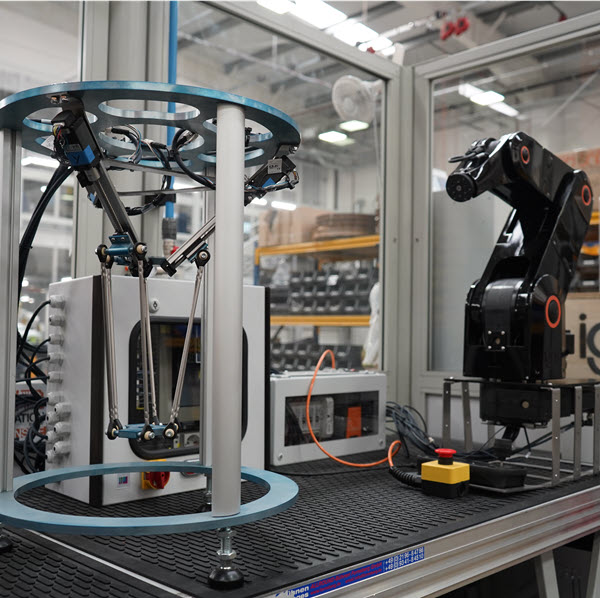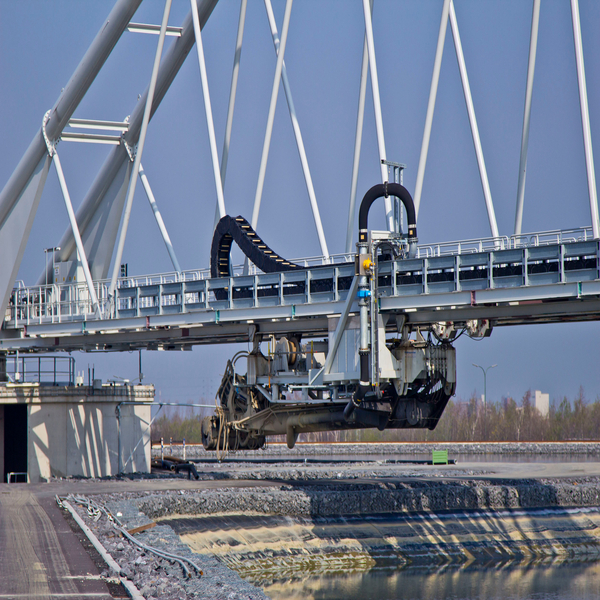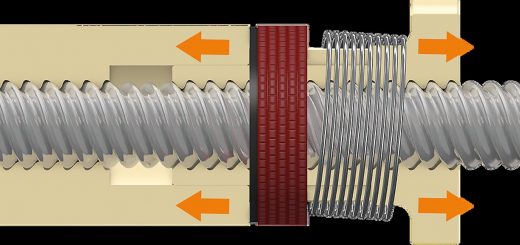Why did the industrial revolution start?
The industrial revolution began in Britain in the 18th century and marked the start of real technological and social change.
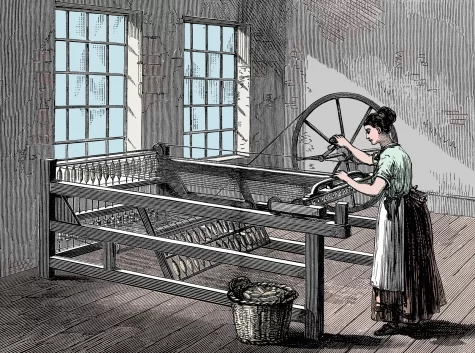
The beginning of change
In the 18th century, Britain was well-known for its textile business, producing clothing and decorative materials with wool, linen and cotton. This took the efforts of many individual spinners and weavers who would take on the workload by hand in small workshops and even their homes. The demand for textiles was far greater than the labourer’s ability to provide them so innovative designs like The Spinning Jenny made it faster and easier to weave and spin yarn, reducing the demand for human labour.
The Spinning Jenny is the perfect example of a small but necessary development that greatly impacted the efficiency of production and there were many more crucial innovations to follow. Much larger developments followed such as the prototype for the first modern Steam Engine by Englishman Thomas Newcomen which revolutionised travel as we once knew it and expanded the world view of many inventors and engineers, opening up a range of possibility to upscale industrial efforts.
Why Britain?
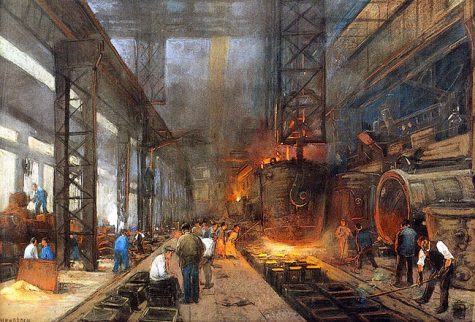
Although only a small island, Britain was an extremely wealthy and well-established nation with many factors explaining why the industrial revolution started here.
- High cost of labour- The population within London and other cities rose dramatically and incurred pressure on the agricultural sector to meet the increasing number of mouths to feed. As a result, agriculture had to become more efficient so the demand for workers rose and in turn, wages. Ways of mass producing and harvesting were desperately needed to minimise the need for labour.
- Entrepreneurship and state support- Inventors with a wide array of interests were encouraged by private investors and supported by the state. Unlike other countries where development was limited to military expansion, Britain had the means and the growth mindset to encourage bright minds to improve processes. Low interest rates made loans easier to acquire and investors were keen to unearth new ways of production and manufacturing that would reduce costs and improve efficiency.
- Access to natural materials- In order to reduce production costs, machines needed to run on the cheapest fuel available. Britain was at a natural advantage, being rich in coal as well as other important resources like iron, lead and copper. Being able to mine such useful materials expanded the range of products that could be made broadening the horizon of opportunity.
The lasting effects of industrial revolution
In the height of the industrial revolution, attitudes and societal expectations shifted. An entire re-structuring of British life was underway, and this helped shape the industry we know today. The developments within the 18th century laid the foundation for later innovations and represented the peak of engineering abilities at the time but modern-day capabilities are only possible because of those first steps.
Modern manufacturing and engineering companies such as igus® have their own timelines of development too. igus® was founded by Günter Blase in Germany, 1964. Having just set up igus® with his wife Margaret, Blase needed to win over his first customer, Pierburg. The first product to come from igus® was a plastic valve plug for a carburettor that Blase injection moulded.
The start of the igus® success story was such a small but important product which paved the way for the extensive product range we now offer. We stock over 6 million parts and 200km of cable here in the UK. You can order online or speak to our sales team to find out how our motion plastic solutions could be applied to your applications or find out more about our other innovative practices.

